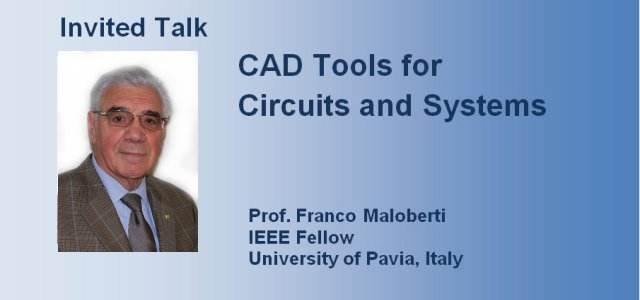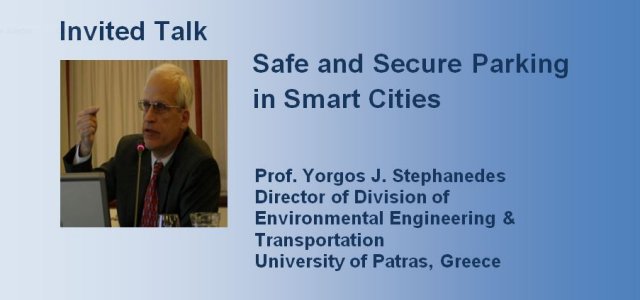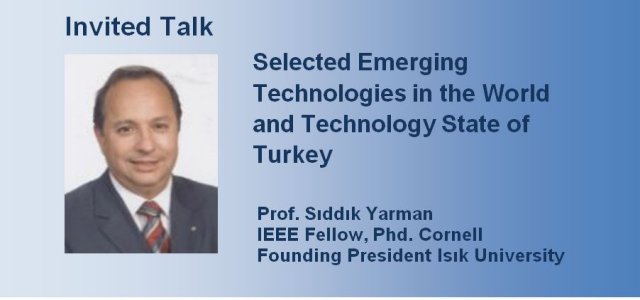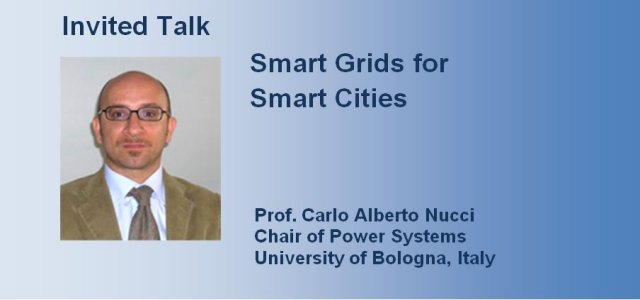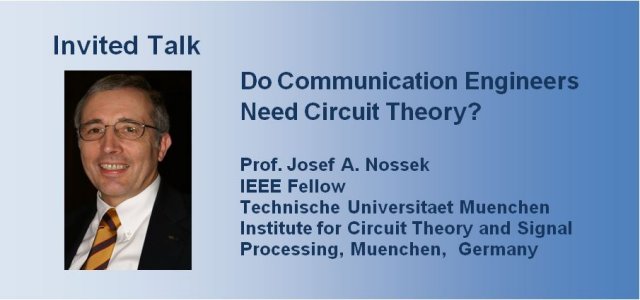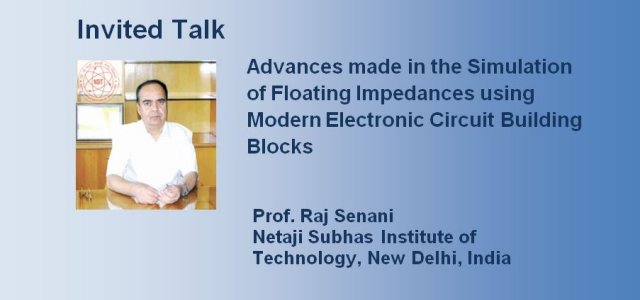
University for the Knowledge Age

by Prof. Franco Maloberti
University of Pavia, Italy
Nowadays everyone says that we live in the Information Age, but also it is true that we live in the Knowledge Age. These two closely related dominant forces shape the modern societies and direct the evolutionary (or revolutionary) path of universities, especially in electronic related topics. Apart from fringe sectors, nearly every observer today considers the Information Age a good thing. It raises living standards, expands opportunity, increases the wealth, improves productivity, and enhances quality of life.
The dynamics of entrepreneurship and knowledge economy determine many radical innovations: new technologies, new jobs, and new modes of living. Universities are key actors in this radical innovation, but the point is how we can properly direct and favor it. Surely universities cannot longer be self-contained. The Ivory Tower must be broken. Competition and confrontation with the real world must become the rule.
Universities must become more and more entrepreneurial institutions able to contribute to the society at large. In order to understand this new role of university and favor the necessary reshaping it is necessary to find answers to why, whom, what, how, where questions, namely: Why university is important? Whom should universities serve? What should we teach? How should we teach? Where should we teach?
An important element to account for is the transformation determined by electronic knowledge whose tumultuous advancements gave rise to an increasing availability of apparatus, gadgets, communication devices and tools for accurate prediction of events and for implementing virtual realities. The social impact of this multitude of electronic aids is that people, especially new generations, expect to see results immediately without needing the traditional phases of preparation and description of phenomena by formal procedures and patient scientific observation. We can say that the practice of studying the correlation between cause and effect is increasingly fading. Fewer and fewer people want to know “What happened?” They are just interested in immediate outcomes; the link between results and the reasons behind them puzzles people less and less. This obviously can prevent the search for new solutions and the origination of new design methodologies. The challenge in front of us is therefore to find proper answers to the above five questions in a way that University will be able to regain effectiveness by extending its social relevance.
